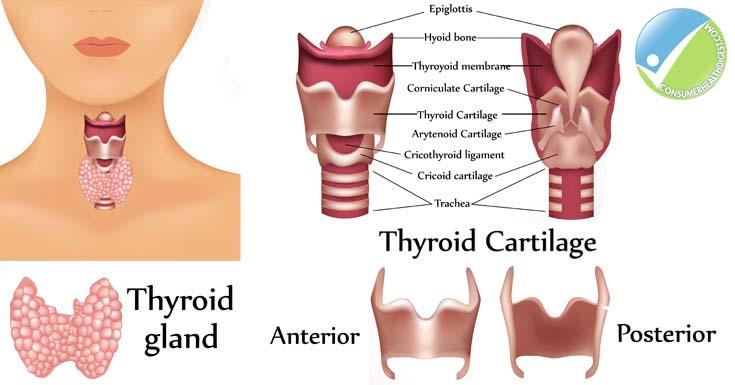Hypothyroidism
Hypothyroidism occurs when the thyroid gland does not produce enough thyroid hormones to meet the needs of the body. The opposite is hyperthyroidism, where the thyroid produces too much thyroid hormone. However, the link between hyperthyroidism and hypothyroidism is complex, and one can lead to the other, in certain circumstances. The thyroid creates two thyroid hormones, triiodothyronine (T3) and thyroxine (T4). These regulate metabolism, and they also affect: brain development breathing heart and nervous system functions body temperature muscle strength skin dryness menstrual cycles weight cholesterol levels The production of thyroid hormones is regulated by thyroid-stimulating hormone (TSH), which is made by the pituitary gland. This, in turn, is regulated by the hypothalamus, a region of the brain. TSH ensures that enough thyroid hormones are made to meet the needs of the body.

Copyright © 2017 - Dr. Hemant Srivastav | Developed By Acmeosys Technologies

